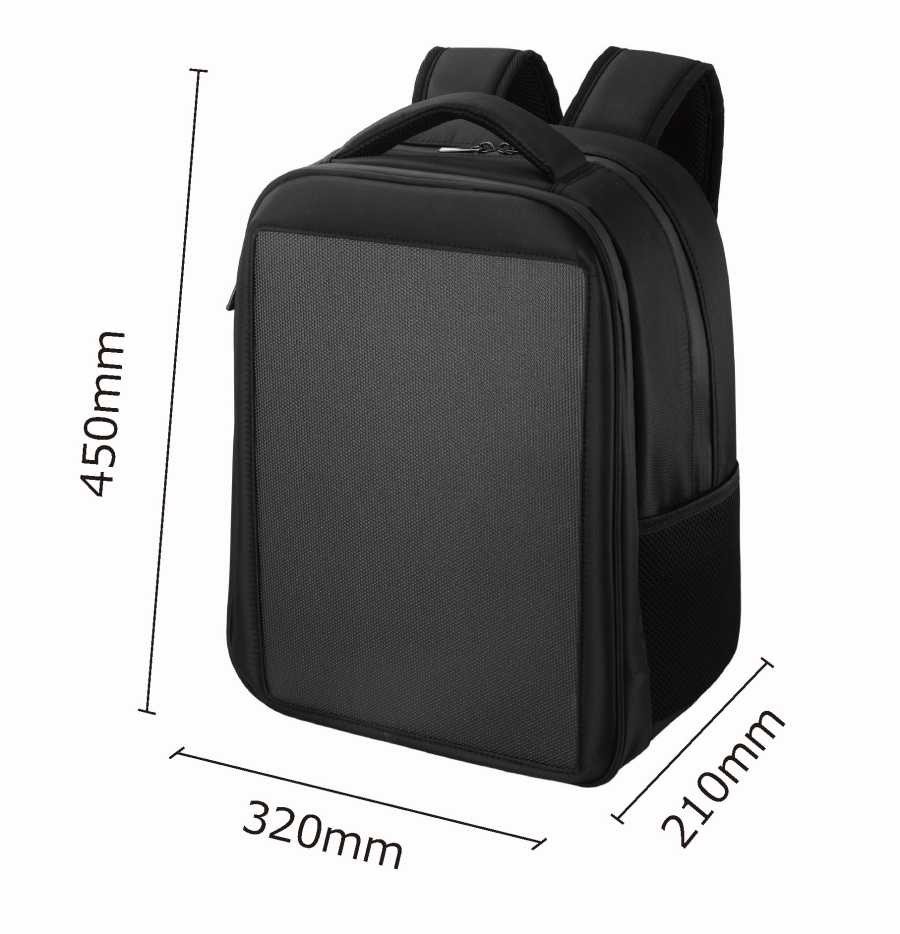Flexible solar panels are an innovative product which has a number of benefits over rigid ones. They are thinner and less bulky than conventional rooftop panels and can be placed on irregular surfaces without any damage.
Flexible solar panels are used for a variety of applications. These include boats, marine vehicles, off-grid shacks, RVs, and tiny homes on wheels. They're also ideal for use on tents or biminis. They're lightweight and easy to install. For example, some models can be mounted by simply gluing them onto a surface. Others require adhesive tape or velcro. Some panels even come with suction cups for mounting them to smooth surfaces.
However, flexible solar panels are not always the right choice for every application. For example, if you're looking to mount a panel on a roof, you'll want to make sure it's facing the sun and not covered by a shade. You'll also need to choose a charge controller if you plan on using more than 12 watts.
The most common type of flexible solar panels are monocrystalline solar cells. These are typically ideal for surfaces that have slightly curved areas and where bonding is desirable. Monocrystalline solar cells are also great for off-grid systems. In these conditions, the panels can work well in high ambient temperatures.
Aside from a thin, flexible design, these panels are also resistant to corrosion and water. This means they're durable enough to withstand many different uses. Many of the leading manufacturers of these products provide panels that are safe to use in marine environments.
Besides being durable, the solar panel cable includes waterproof MC4 connectors. This allows you to connect several panels together to provide power to an existing system. Additionally, it is made for use with high currents. To connect the solar panel to your battery, you can use a 4mm extension cable.



 English
English 中文简体
中文简体 Français
Français Español
Español Deutsch
Deutsch

















